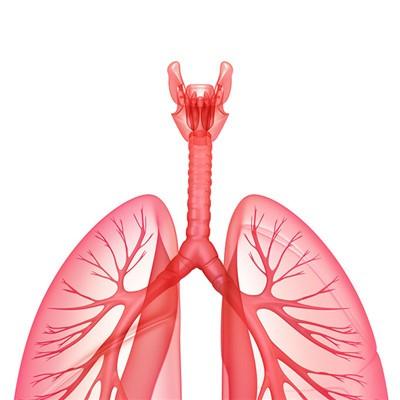How does darling cough regularly in the middle of the night return a responsibility?
summary
For treasure mothers, the most worrying is the baby's health. For babies with relatively weak resistance, once the body is cold or excessively tired, there will be no discomfort during the day, but when the baby is asleep, it will cough in the middle of the night, which makes mothers worried and heartache. How does darling cough regularly in the middle of the night return a responsibility? Let's talk about it.
How does darling cough regularly in the middle of the night return a responsibility?
Upper airway cough syndrome is a general term for cough caused by nasal secretion and / or inflammatory stimulation. Because most of the secretion is caused by nasal diseases, it flows back to the back of the nose and throat to the glottis or trachea, leading to cough, so it is also known as postnasal drip syndrome.
For example, if a child has untreated rhinitis, although we can't see the secretion of nasal mucus, it will flow back to the throat when he goes to bed and lies down at night, which will cause cough. In the morning, the retention of nasal mucus is the most. Therefore, some children will cough in the morning, but because the rhinitis is not too serious, there will be no cough during the day.
If a child has a long-term cough, it can be considered as a chronic cough disease. There are six common reasons: first, asthma, characterized by repeated attacks of wheezing, shortness of breath, chest tightness and cough; Second, allergic cough, also known as cough variant asthma, is paroxysmal irritative dry cough, which can be aggravated by inhalation of smoke or irritating chemical odor, and is often accompanied by paroxysmal cough at night or early in the morning; The third is upper airway cough syndrome; The fourth is gastroesophageal reflux, which occurs in some babies after feeding; Fifth, foreign body inhalation, such as the baby inhaled some small particles to the lungs, leading to frequent cough; The sixth is tic, a cough caused by children's bad habits.
matters needing attention
Because most of the upper airway cough syndrome is caused by rhinitis, we should first treat the primary diseases such as nasal polyps, chronic rhinitis, sinusitis and allergic rhinitis to cut off the source of the disease, reduce the inflammatory reaction and secretion; The second is to use some nasal drops, which can promote the recovery of mucosal function, promote the discharge of nasal secretions, and reduce postnasal drip; Third, we should pay attention to children's diet and sleep, which is also conducive to reducing symptoms. What Dr. Li Dongfang particularly emphasizes is that once a child suffers from acute inflammation, such as a common cold, he will recover naturally. However, if his own constitution belongs to allergic constitution, or he has caught a cold repeatedly for many times, and the quality of living air is poor, he will easily develop into chronic inflammation.









